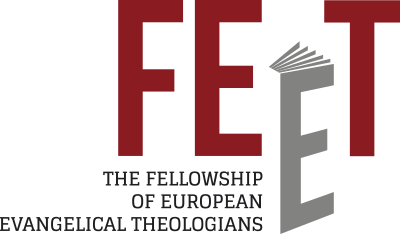Acts 2 and the Continued Presence of the Gifts of the Holy Spirit
As the celebration of the descent of the Holy Spirit, Pentecost is likely to revive the old discussion between cessationism and continuationism. In sermons and meditations, many ministers of the gospel will have commented on the continued presence of the extraordinary gifts of the Spirit in the Christian church.
On the day of Pentecost, extraordinary things happened in Jerusalem. All disciples of Jesus Christ were suddenly enabled to speak in other tongues. Over against the derisive reactions of some spectators, Peter explained the events of the day by quoting the prophetic words of Joel 2:28-32 (3:1 5): “These people are not drunk, as you suppose, … , but this is what was uttered through the prophet Joel” (Acts 2:15 16).
In the words Peter quotes from Joel, several elements correspond to what had just happened. The Holy Spirit was poured out on all members of the congregation, irrespective of their sex or social status. They all prophesied insofar as they proclaimed the mighty works of God in a way that was understandable to everybody (Acts 2:11). Fire was seen in the shape of tongues, which rested on all disciples (Acts 2:3, 19). In the following days, the apostles did wonders and signs like those performed by Jesus (Acts 2:19, 22, 43). Yet, contrary to what Joel had said, the record of the events in Acts 2 does not make mention of visions or dreams, blood or billows of smoke (v. 19). Neither did the sun turn into darkness nor the moon to blood (v. 20).
Of course, this does not suffice to settle the dispute on the continued presence of miraculous gifts of the Spirit in the congregation. Cessationists might argue that the gift of prophecy now materializes in the preaching of the gospel in all languages of the world. Charismatics might object that the disciples still spoke in tongues and that the other elements of Joel’s prophecy would be fulfilled later.
However, one thing is clear from Acts 2: all disciples proclaimed the mighty deeds of God in Christ in an understandable way and this made people call upon God’s name to be saved. This was the essential thing that happened on that day and induced Peter to proclaim the fulfilment of Joel’s prophecy. All other gifts of the Spirit are subordinate to this extraordinary work of God and must further it. If all cessationists and continuationists agree upon this, they can pursue their discussions in the peace of God, which surpasses all understanding (Philippians 4:7).
Gert Kwakkel, Professor of Old Testament, Faculté Jean Calvin, Theologische Universiteit Kampen, Member of the Executive Committee of the Fellowship of European Evangelical Theologians

